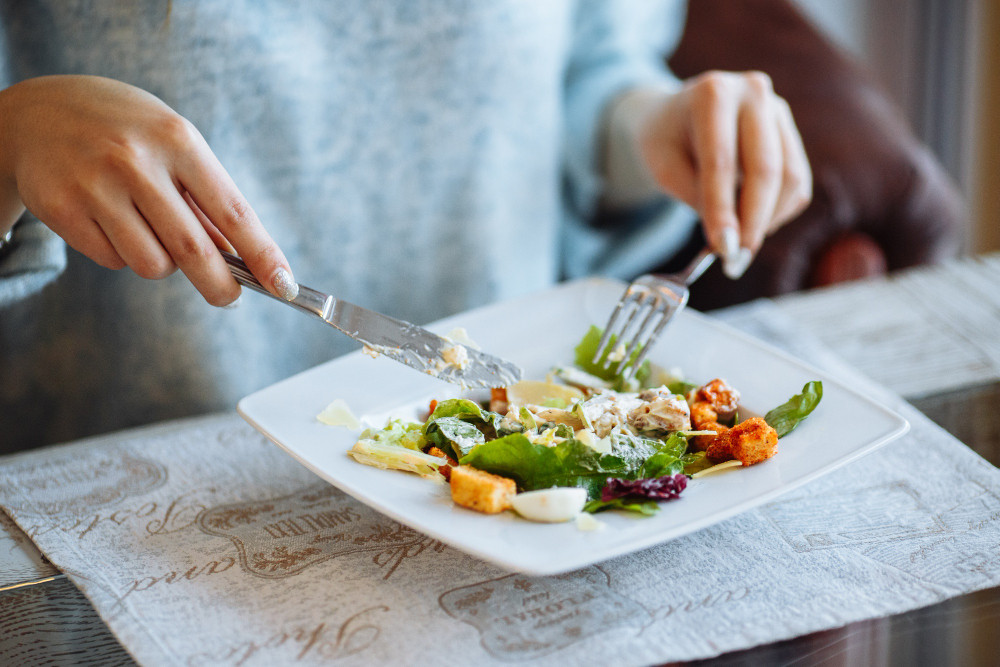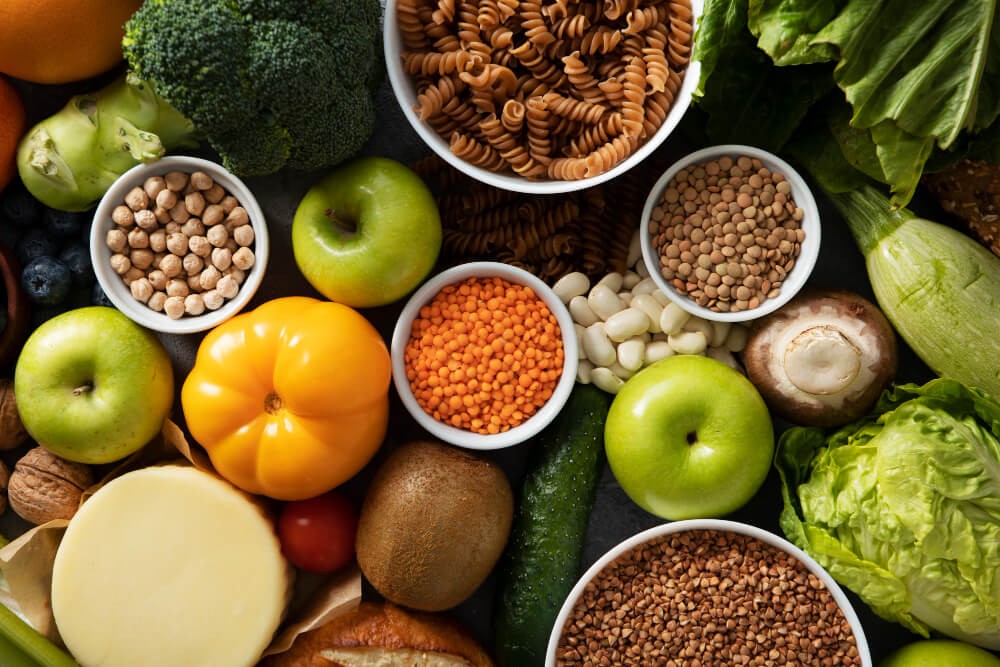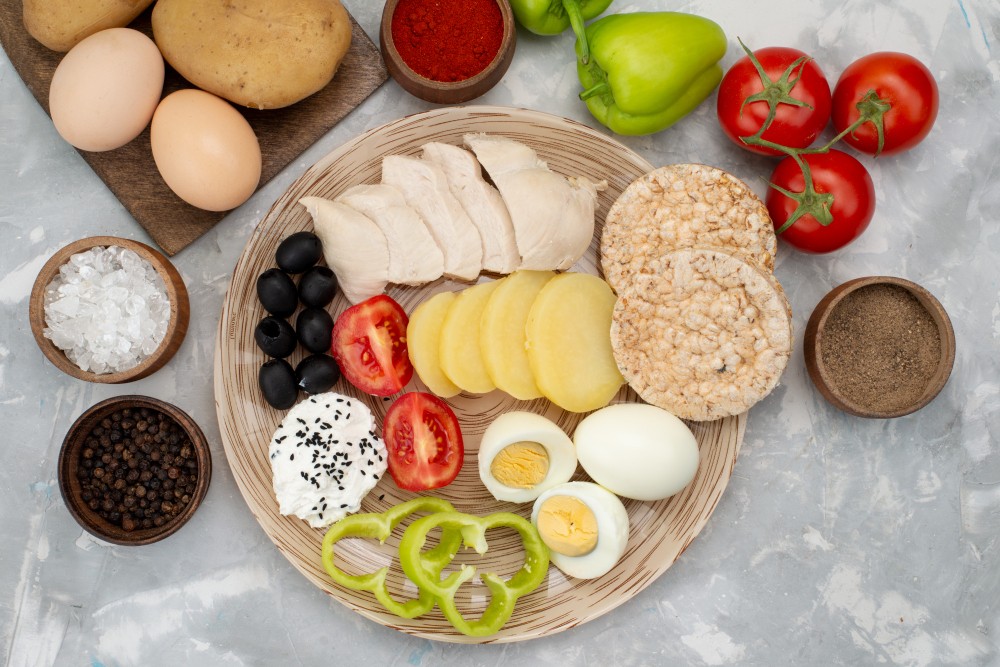Inflammation of the lower portion of the large intestine (colon) is one digestive disorder that needs attention. Anyone can experience this inflammation, but people between the ages of 40 and the elderly are more likely to do so. For those of you who have inflammation of the colon sac, it is recommended that you adjust your diet so as not to worsen the inflammation.
Foods that diverticulitis patients should avoid
As we age, diverticula, or small pouches that protrude from the lining of the colon, can grow larger and larger. This condition is known as diverticulosis. Diverticulitis is a condition where there is inflammation or infection, and it causes nausea, vomiting, and abdominal pain.
The cause of diverticulitis is still unknown, but experts think it can occur when digested food moves too slowly through the colon. Therefore, there are several types of food that should be avoided for people with diverticulitis.
According to Medical News Today, some of the food restrictions for people with diverticulitis include:
1. Foods in the FODMAP category
FODMAP stands for fermentable oligosaccharides, disaccharides, monosaccharides, and polyols. Foods that fall into this category are carbohydrate-source foods that have a short-chain chemical structure. These types of foods can trigger digestive disorders such as bloating and abdominal pain.
Some of the foods that belong to the FODMAP type include:
- Apples, apricots, pears, and peaches
- Milk and dairy products such as yoghurt and cheese
- Nuts
- Bread, cereals
- Sugar and sweeteners
2. Red meat
A study shows that people who frequently consume red and processed meat without exercising have a higher risk of developing diverticulitis. People with diverticulitis are advised to reduce their consumption of red meat and replace it
with poultry meat, such as chicken or fish.
If you still want to eat red meat, experts advise consuming no more than 51 grams per day along with fiber and regular exercise. Adopting a healthy lifestyle, including smoking cessation and weight management, can help reduce the risk of diverticulitis in those aged 50 years and older.
3. High-fiber foods
One of the causes of enlarged colon pouches is constipation. For this reason, people who experience indigestion and diverticulitis are encouraged to eat fiber-rich foods.
However, not all fiber-rich foods are safe for people with diverticulitis. High-fiber foods can increase the work of the colon, causing discomfort.
Some high-fiber foods that should be avoided include:
- Beans and legumes, such as chickpeas, lentils and kidney beans
- Whole grains such as brown rice, oats, and quinoa
- High-fiber vegetables and fruits such as apples, bananas, strawberries, carrots, broccoli and beets
4. High-fat and sugary foods
In addition to the above foods, foods that are high in fat and sugar should also be avoided for people with diverticulitis. Sugary and fatty foods, such as fried foods, can aggravate inflammation. The same goes for full-fat milk and other preparations that contain high fat.
Although there are many dietary restrictions, experts remind us that diverticulitis restrictions are not just one or two foods.
The diet for diverticulitis needs to be organized as a whole so that it can meet the body's nutritional needs but not aggravate the inflammation. To ensure that people with diverticulitis still receive the nutritional intake their bodies require, you should consult a doctor or nutritionist to plan your daily menu.
If you need medical advice or consultation, you can either visit a doctor or make use of the consultation features that are available in the Ai Care application by downloading the Ai Care application from the App Store or Play Store.
Looking for more information about nutrition, food, and other diet tips? Click here!
- dr Nadia Opmalina
Mayo Clinic Staff. (2021). Diverticulitis Diet. Available from: https://www.mayoclinic.org/healthy-lifestyle/nutrition-and-healthy-eating/in-depth/diverticulitis-diet/art-20048499
Coppola, S. (2021). What to Eat on a Diverticulitis Diet. Available from: https://www.healthline.com/health/diverticulitis-diet-list-of-foods-to-avoid
Watson, S. (2021). Diverticulitis Diet. Available from: https://www.webmd.com/digestive-disorders/diverticulitis-diet
Rochards, L. (2022). What Are the Best Foods for Diverticulitis. Available from: https://www.medicalnewstoday.com/articles/327259












